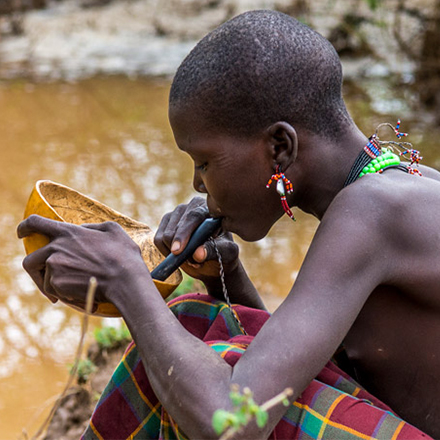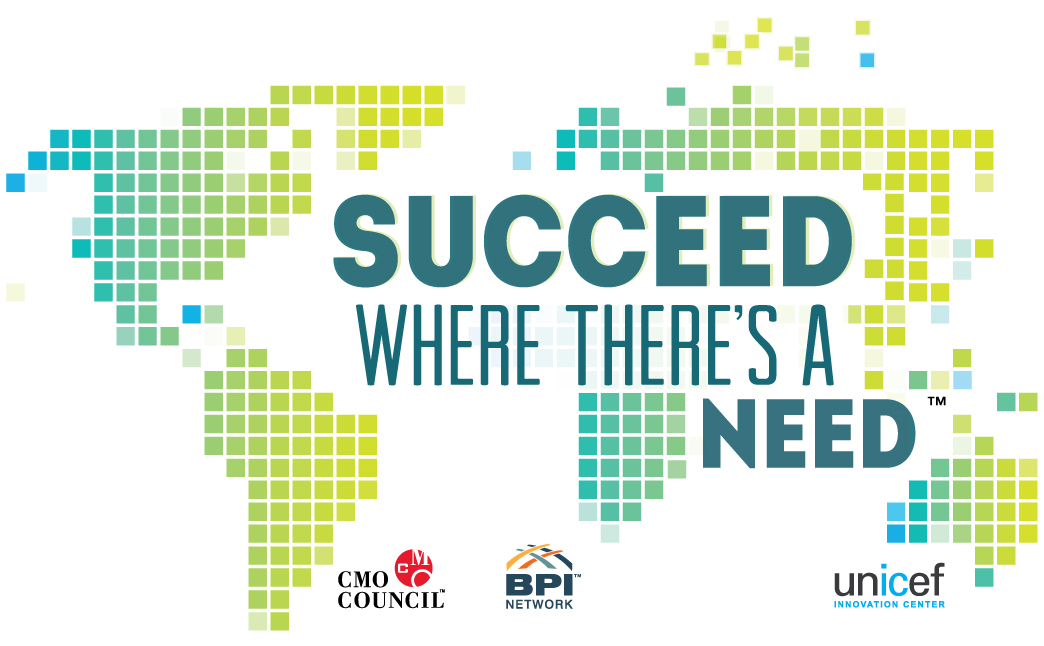Tech Inspirations
LifeStraw
 Need
Need
1.1 billion people in the world do not have access to clean drinking water. Even those that have access to water sources do not have a simple way of transforming the water into clean, safe drinking water. Waterborne pathogens are a huge problem for the environment and for human health. Waterborne diseases are caused by drinking contaminated or dirty water. Contaminated water can cause many types of diarrheal diseases, including Cholera, and other serious illnesses such as Guinea worm disease, Typhoid, and Dysentery. Water related diseases cause 3.4 million deaths each year.
Succeed Fortunately, a clever little design has come to the rescue in the form of the LifeStraw. LifeStraw filters convert contaminated water into clean, safe drinking water.
The cigar-sized plastic tool is both a feat of engineering and an inexpensive way to deliver potable water to those who need it. LifeStraw delivers the most basic needs and purifies water from potential pathogens like typhoid, cholera, dysentery and diarrhea, becoming one of the icons of humanitarian product design. In fact, The LifeStraw water filter was named “One of Ten Things that Will Change the Way we Live” by Forbes magazine. By the time the water hits your lips, it’s completely safe and potable. Each product in the LifeStraw portfolio is designed for a specific situation where safe water is needed but not readily available.
Success Story In 1986, an estimated 3.5 million people in 21 countries in Africa and Asia suffered from the highly debilitating Guinea worm disease. In 2014, there were only 126 cases in four countries. This puts Guinea worm disease on track to be only the second human disease in history, after smallpox, to be eradicated. It will be the first to be eliminated without the use of a vaccine.
There is no vaccination or treatment for Guinea worm disease, yet much work has been done to prevent it by providing access to safe drinking water and education. The Carter Center has led the effort through its Guinea Worm Eradication Programme. In 1996, Vestergaard began working with the Center and since that time, more more than 37 million LifeStraw® Guinea worm pipe and cloth filters have been provided to help fight Guinea worm disease.
In January 2014, the American Museum of Natural History in New York City, opened a new exhibit: "Countdown to Zero: Defeating Disease." Launched in collaboration with the Carter Center, the exhibition tracks the progress to eliminate Guinea worm and other devastating diseases
: The LifeStraw® Family water filter was used in the study. LifeStraw® technology has received numerous awards. The LifeStraw® Family filter meets the highest WHO and US EPA standards for microbiological performance and delivers at least 18,000 liters of safe drinking water, enough to supply a family of five with safe drinking water for three years or more. A new version of the filter, which incorporates a safe storage chamber, costs about $30 or about $1.20 per person per year.
The World Health Organization stated in a recent report that “household water treatment (HWT) interventions may play an important role in protecting public health where existing water sources, including those delivered via a piped network or other improved sources, are untreated, are not treated properly or become contaminated during distribution or storage.” This can make an immediate difference to the lives of healthy people and those who are HIV positive.
“This study and others with similarly impressive results should help demonstrate to governments and donor groups that household water interventions are powerful tools for improving the health of vulnerable people” said Mikkel Vestergaard Frandsen, CEO of Vestergaard Frandsen. The company’s LifeStraw® Family water filters were used in the study.
Mikkel Vestergaard Frandsen is the CEO and owner of Vestergaard, a global public health company dedicated to improving the health of vulnerable people, especially those who live in developing countries. The LifeStraw product line began when Vestergaard invented LifeStraw Guinea Worm, a plastic pipe filter to strain out Guinea worm larva (and prevent Guinea worm disease) for The Carter Center. Since then, the LifeStraw has adapted to fulfill a variety of needs across the developing world. In addition to the LifeStraws, Vestergaard has contributed many other innovative technologies to the developing world, including the long-lasting insecticidal bed nets, PermaNet, which have benefited more than one billion people.
Mikkel is known internationally as a visionary leader who is willing to challenge the status quo and take risks when necessary to produce innovative solutions. Vestergaard’s game-changing solutions contribute to a healthier, more sustainable planet by fighting diseases including malaria, HIV/AIDS, diarrheal disease and neglected tropical diseases. Additional company initiatives work to mitigate climate change and decrease hunger and malnutrition by enhancing food security.



